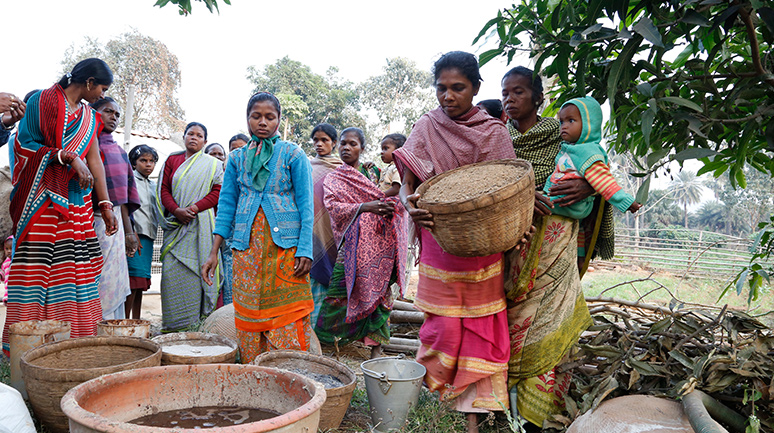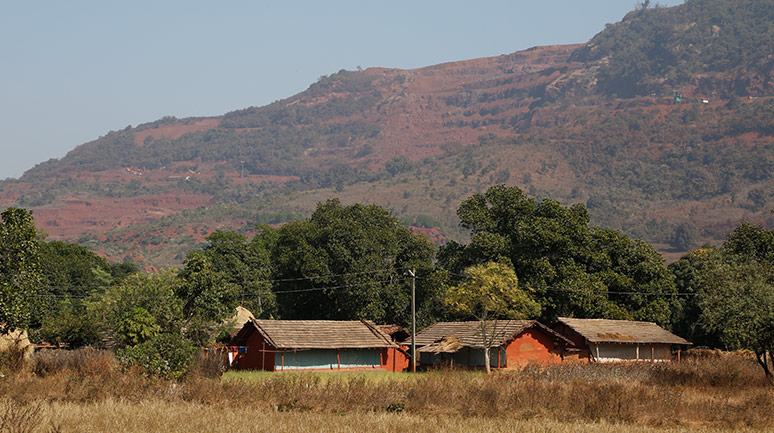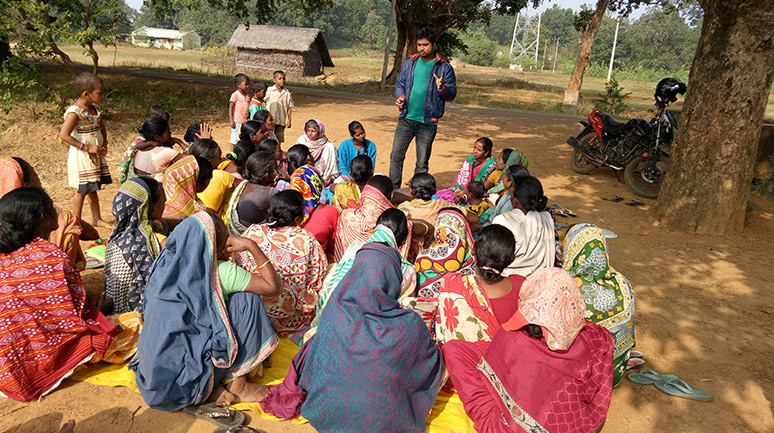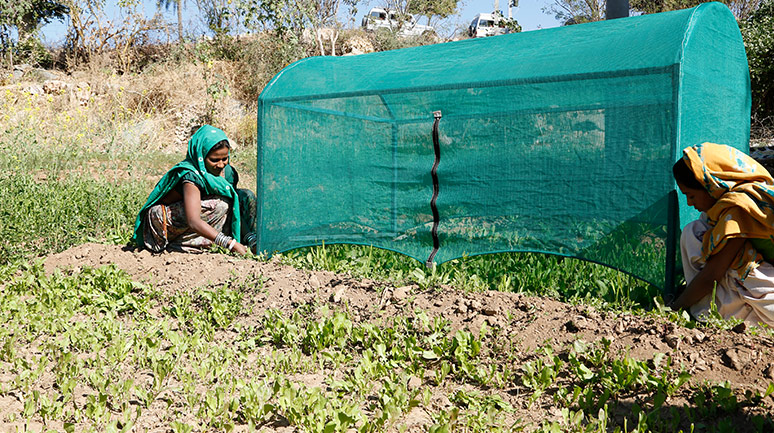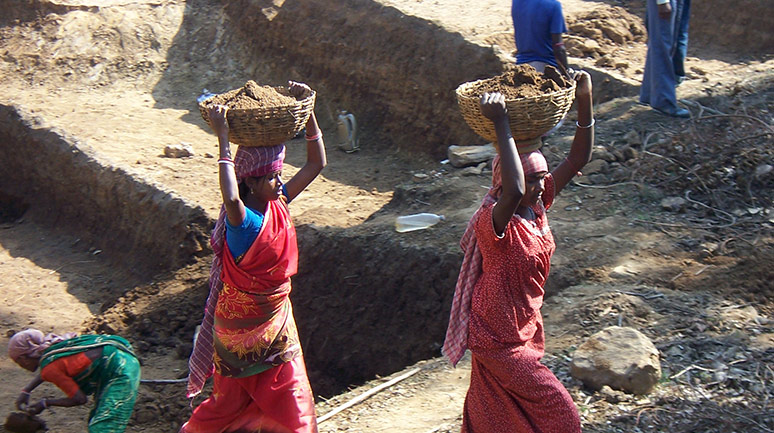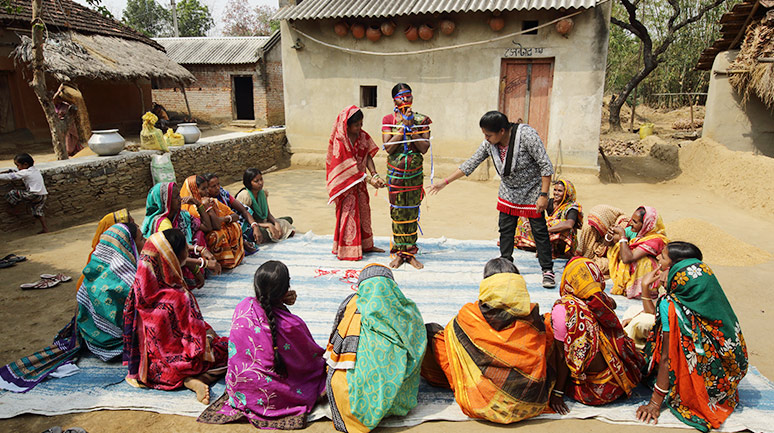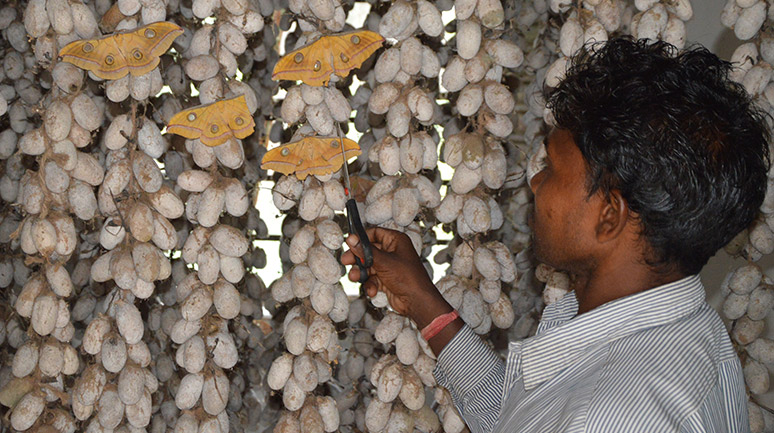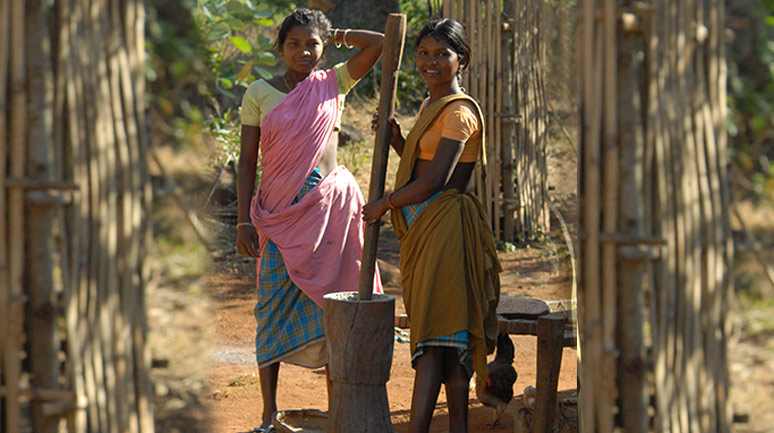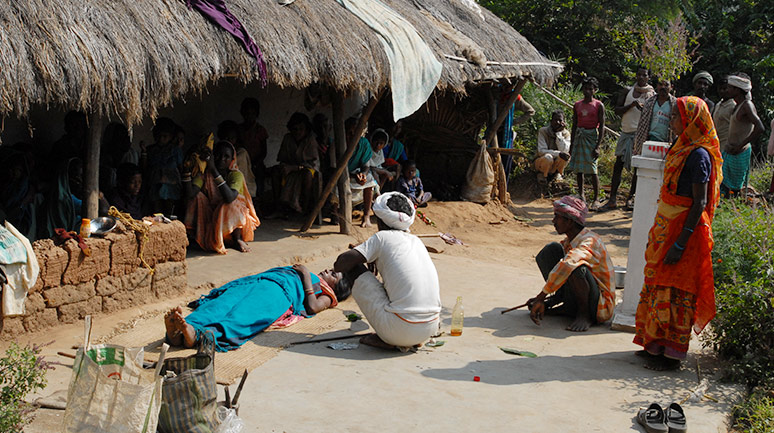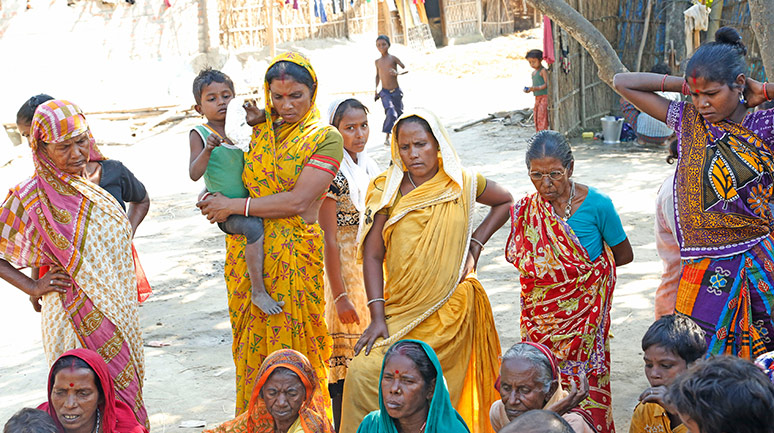January 4, 2018
Deepak Kumar January 4, 2018
Categories
Farmers collective shift from inorganic chemical based farming to organic NPM farming in their villages
December 6, 2017
Subhashree Priyadarshini December 6, 2017
Categories
Opting out of shift cultivation and work in mines, the lives of the women of Ambadahara village takes a turn for the better when they started experimenting with different crops with PRADAN’s help. Their success in the fields enhanced their confidence and helped them identify, engage in and solve many other development challenges in their village.
December 5, 2017
Soubhagya Ranjan Ratha December 5, 2017
Categories
Moving away from the predictable traditional crop, eight Jaheraya SHG women’s decision to cultivate watermelons sprung from an attempt to prove their worth as independent farmers, who could take vital decisions regarding farming and marketing produce; it was a subtle defiance of patriarchy, of the annihilation of men farmer’s beliefs about a cash crop and of a small example of change that is unstoppable now
November 3, 2017
Pawan Kumar November 3, 2017
Categories
Maintaining or improving soil health is essential for sustainable and productive agriculture. ISFM strategies assist farmers in following a scientific process for cultivation without eroding the soil’s inherent capacity to produce more by maintaining its fertility level
October 7, 2017
Ashutosh Nanda October 7, 2017
Categories
Making work such as the construction of toilets under MGNREGA conditional upon meeting the Swachch Bharat Mission targets puts villagers in diffiuclties till the SHG women become aware of their rights and entitlements, which they then proceed to collectively ask for, winning the admiration of the officials
September 5, 2017
Mohini Saha September 5, 2017
Categories
Taboos, superstitions, lack of awareness, lack of infrastructure, shame and embarrassment about menstruation are barriers to the confidence, self-esteem and dignity of girls and women, affecting their well-being and health as a consequence
September 4, 2017
Satyabrata Acharyya September 4, 2017
Categories
Rearing tasar worms is a precarious and fragile practice that the Santhal tribals and other villagers engage in, both because this has been their traditional occupation and because a good harvest provides them a much-needed economic support
September 2, 2017
Ashutosh Mishra September 2, 2017
Categories
Giving up on traditional food and blindly having ‘development’ agendas in agriculture thrust on them has resulted in the tribals losing their wise and time-tested habits and practices, leading to heavy loss in health and economic terms. Today, they are neither here nor there—neither modern, ‘developed’ and prosperous nor in touch with their own indigenous crop cultivation methods and wholesome food habits
July 2, 2017
Maroof Khan July 2, 2017
Encouraging critical thinking through open discussion in public forums, thereby challenging traditional beliefs about witches being the cause of all the misfortunes that tribal communities face is perhaps the only way that the bane of witch-hunting can be eradicated from society
July 1, 2017
Avijit Mallik July 1, 2017
Tackling gender issues that lie at the heart of women’s empowerment by setting up alternative justice systems saw the competence and compassion of the SHG members rise to the fore; they are now a force to reckon with


